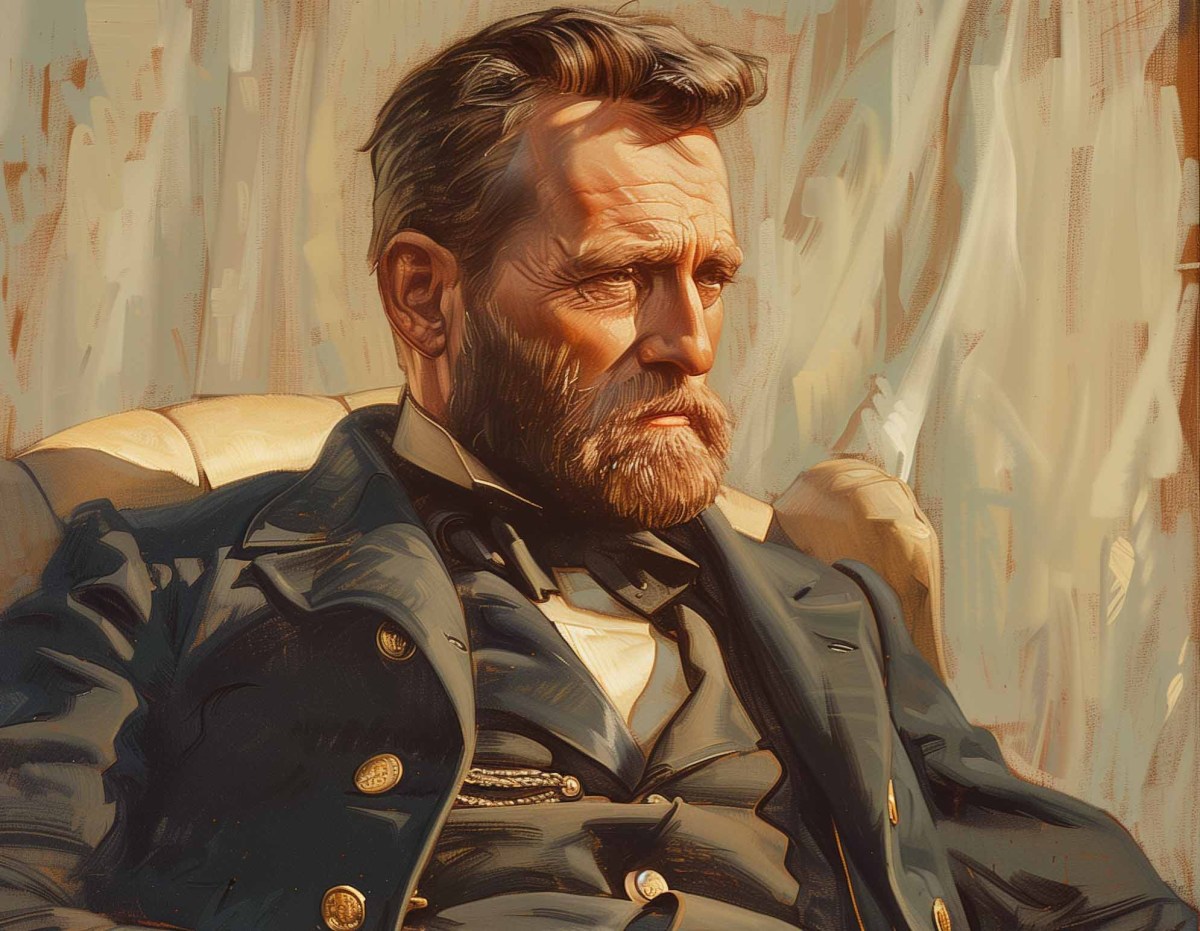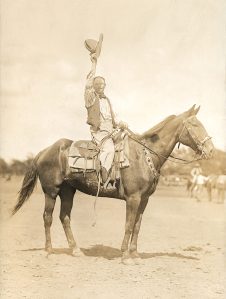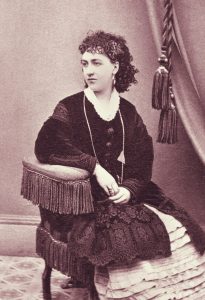A Buffalo, N.Y., native and a Ph.D. from Notre Dame, John F. Marszalek taught for nearly 30 years before retiring in 2002. In 2008 he took over as the executive director and managing editor of the Ulysses S. Grant Association. He had become familiar with Grant while researching his well-received biographies Sherman: A Soldier’s Passion for Order (1993) and Commander of All Lincoln’s Armies: A Life of General Henry W. Halleck (2004). He recently talked with Civil War Times about the Grant papers, Sherman and Halleck.
How great a general—and person, for that matter—was Ulysses S. Grant?
A lot of historians have come to the realization in the last several years that Ulysses S. Grant is not only the greatest general of the Civil War, but one of the greatest American generals in all of history. What’s particularly intriguing, too, is that until fairly recently, when he was looked at as president, Grant was given low grades. But a lot of good work has been done to amend that belief in recent years, and a very important part of it is the work done by John Y. Simon and the Ulysses S. Grant Association in publishing these 31 volumes of the Grant papers. The general’s reputation has really skyrocketed in the last five to 10 years.
Has the Grant material given you a renewed perspective on Grant?
The thing that has struck me is how well he wrote. He just had an amazing way with words, and it doesn’t fit the stereotype of Grant. So I would say to answer that question, I wouldn’t point to any one particular thing, but I think it’s the bulk of material. For example, the huge number of letters that he writes regarding Native Americans and what was going on in regard to the newly enfranchised black Americans—I think it’s the bulk of that which has impressed me enormously.
What inspired you to write about William Tecumseh Sherman?
I wish I could give you this very astute, insightful answer, but the reason I got interested in Sherman was when I was in graduate school at the University of Notre Dame and was looking around for a dissertation topic, one of my professors, Thomas T. McAvoy, told me Sherman’s granddaughter was still alive—this was in the 1960s—and had loaned us the Sherman family papers. McAvoy told me he wished he could say to her that some graduate student was working on his dissertation using these papers.
Well, when one of your professors suggests this to you, you give it good thought. So I went to look at the Sherman papers, and I was just fascinated by this guy who was a plain-speaking intellectual. The guy was interested in everything, and the more I worked on him the more interesting he became.
Longstreet said after the war that Sherman wasn’t that great a general.
I don’t agree. Sherman understood, having lived most of his life in the South before the war, that Southerners were not going to roll over and play dead—that they were going to have to be beaten, and their society, their will, was going to have to be beaten. Consequently, he developed this destructive war precisely because he didn’t want to kill his friends. It really bothered him.
He went into a big depression in Kentucky, one of the main reasons being because he was fighting and killing people that he had come to like in the prewar period. Now, was Sherman a great tactical general? Not necessarily. But when you look at what he did in the March to the Sea, it is an amazing achievement of logistics—but that’s boring; no one wants to read about logistics. But what he did during the Atlanta Campaign, he did very well tactically there.
I don’t buy that [Sherman wasn’t a great general]. I think Grant and Sherman are the two great generals of the Civil War.
Did Sherman, an overt racist, refuse to integrate his army?
I agree that Sherman was a racist; but I don’t agree that because he didn’t like the idea of integrating the Union Army at that time that he directly butted heads with Lincoln, because when Lincoln wrote him and said, “Hey, General Sherman, I’d like you to take leadership in this area, etc., etc.”—Grant immediately said yes, and Sherman wrote a letter back that said, “I don’t agree with you,” but he did follow the order.
You went from writing about Sherman to the timorous Henry Halleck.
“Bud” Robertson [author of Stonewall Jackson: The Man, the Soldier, the Legend] asked what I was working on, and I said a biography of Halleck. He said, “You know, John, you’ll never finish it.” I asked, “Why do say that?” And he said, “Because you’ll die of boredom.” The reason why I did it is because I kept running into Halleck, and there was only one book on him at the time, which I thought didn’t really get into his whole life. I thought, there’s more to this guy than has been studied, so I went ahead with it.
How do you feel about the digitization of the Grant collection?
It would just be beyond our ability, and it’s important to note, too, that we have some original material, but what this project has done over some 40 years is gather copies of every known Grant letter available, so the idea of digitizing them all wouldn’t make a great deal of sense. But having them available in published volumes does. The published volumes are a small fraction of the material that is actually here. A scholar can look at the published volumes, but can also come to Mississippi State to study the material we have.
Buffalo wings or seafood gumbo?
My Buffalo roots remain strong. When I go back, I always visit the Anchor Bar, the home of Buffalo wings. I like gumbo, too, but you never forget your roots.
Originally published in the April 2010 issue of Civil War Times. To subscribe, click here.





